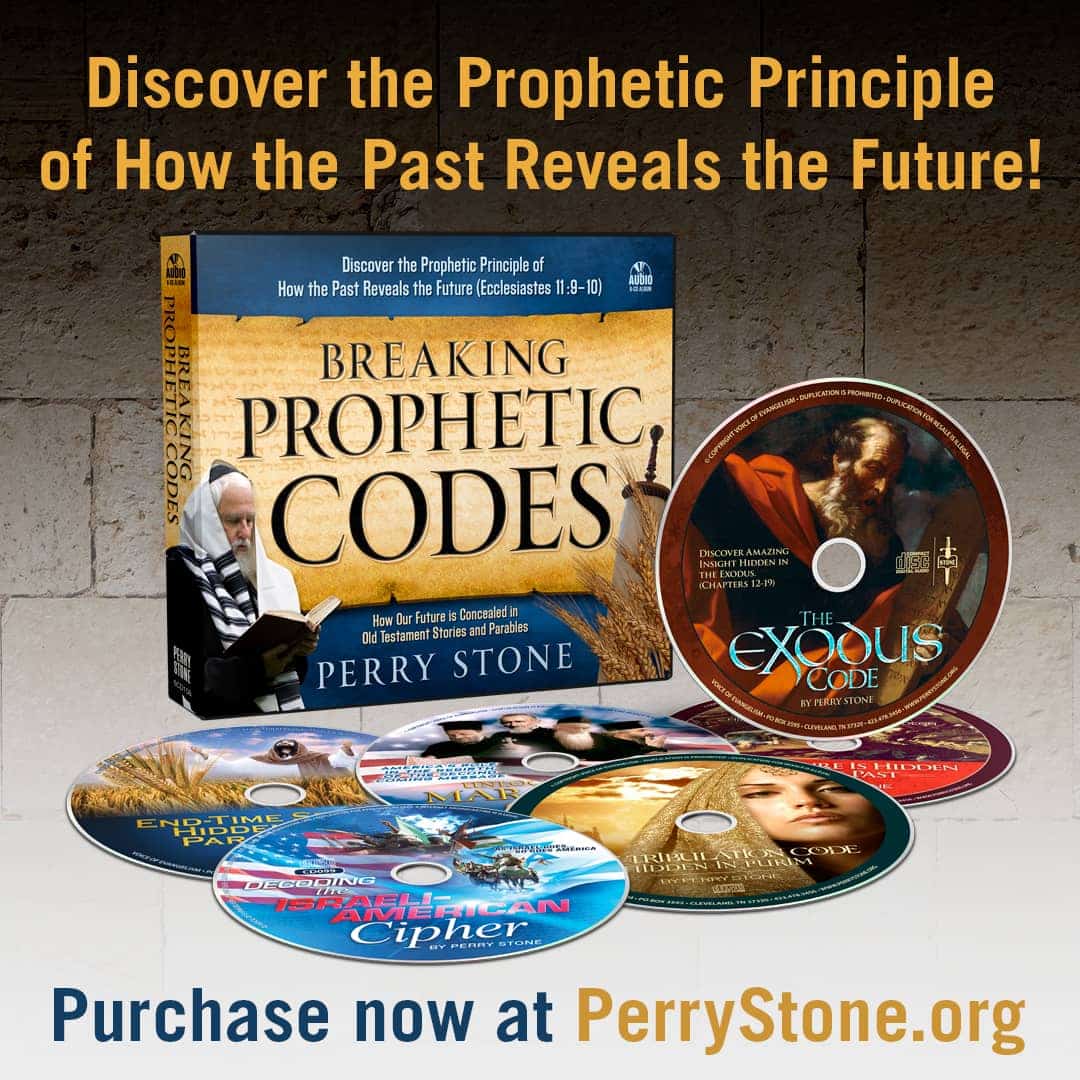(OPINION) Joe Rogan, a self-described atheist, has questioned the logic of the Big Bang theory, saying the resurrection of Jesus Christ seems more believable.
On a recent episode of The Joe Rogan Experience with TikTok personality Cody Tucker, Rogan said he does not buy the idea that the universe began from a tiny, dense point that suddenly expanded into everything.
The podcaster criticized how people doubt Jesus’ resurrection while accepting the Big Bang as scientific truth.
In a recent discussion, the individual expressed a steadfast commitment to religious faith, stating, “I am adhering to the teachings of Jesus.
The principles of Christianity resonate more profoundly with me. Notably, individuals have been reported to have returned from death,” he remarked.
He cited the late author and advocate for psychedelic exploration, Terence McKenna, to illustrate the distinction between religious belief and scientific explanation.
“McKenna articulated a significant point—that the primary divergence between science and religion is that science requires belief in a singular miracle—the Big Bang,” he noted.
Furthermore, he conveyed that he finds the concept of something emerging from nothing more challenging to comprehend than the notion that something has always existed.
“It would be quite astonishing if, at any point in time, there was nothing. Such an idea appears even more implausible than the existence of something eternal,” he articulated.
The individual has experienced fluctuations in his belief system, a phenomenon he attributes to a challenging upbringing.
He has previously identified as predominantly atheistic during his childhood but has since adopted a more spiritual outlook, particularly following the passing of his grandfather.
A question about the origins of the universe prompted a philosophical exchange regarding the Big Bang theory. “I tend to remain ambivalent regarding space.
The nature of space is confounding; I find it difficult to address questions such as what existed prior to the universe. Moreover, the inquiry then becomes what existed before that?” he remarked.
He emphasized the concept of an ‘environment preceding the Big Bang,’ describing a pre-universal state characterized by extreme cold and emptiness, dominated by a field of energy that ultimately resulted in the rapid expansion of the universe.
The discourse then transitioned to relevant theories regarding the universe’s infinite and continuously expanding nature, while also acknowledging perspectives from some scientists suggesting that the universe is finite.
They referred to a notion proposed in 2023 indicating that the universe may possess a toroidal shape, implying that it lacks defined edges, and traveling in a straight path could eventually return one to the original point of departure.
At this juncture, the conversation shifted towards religious implications.










